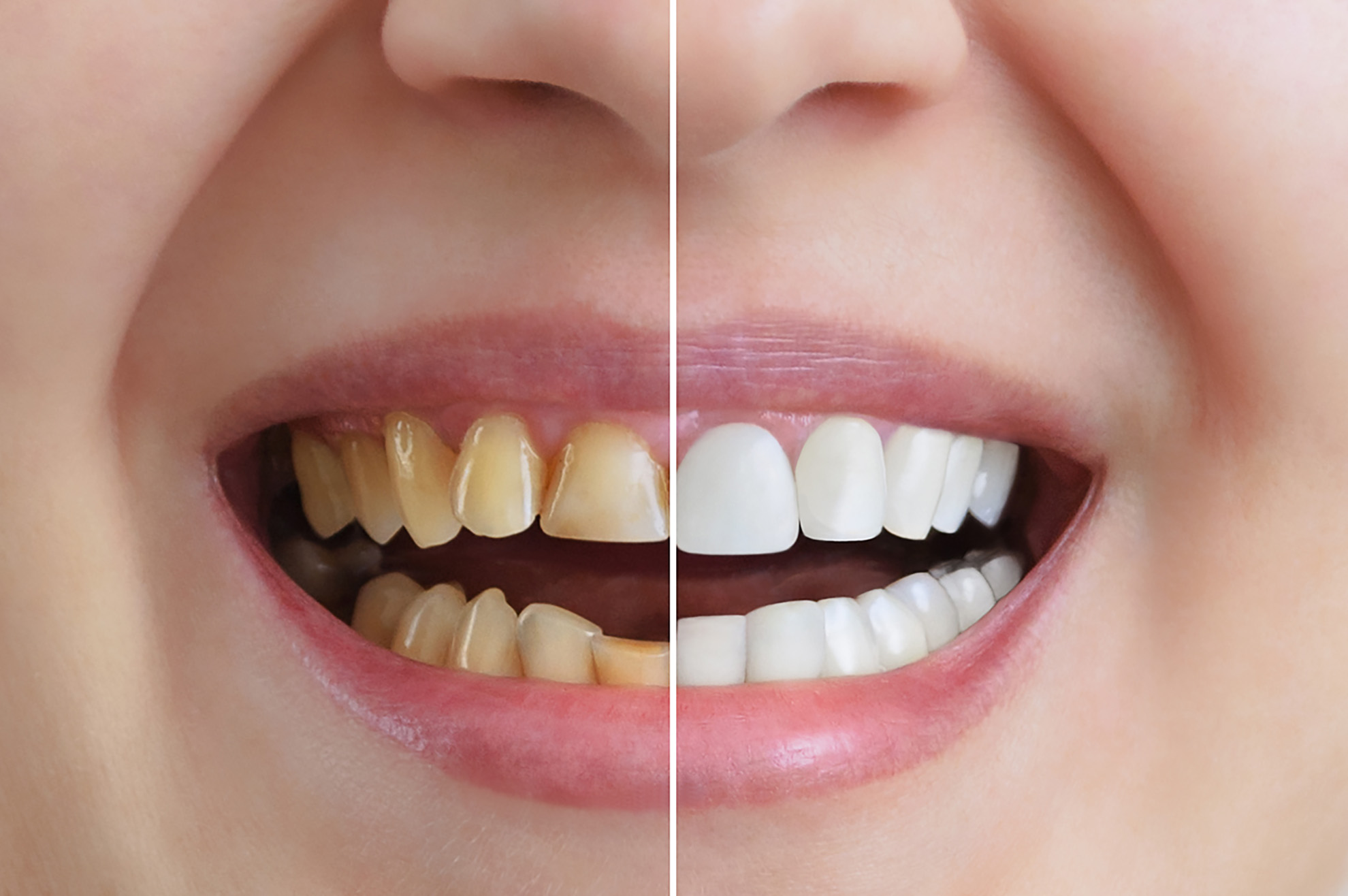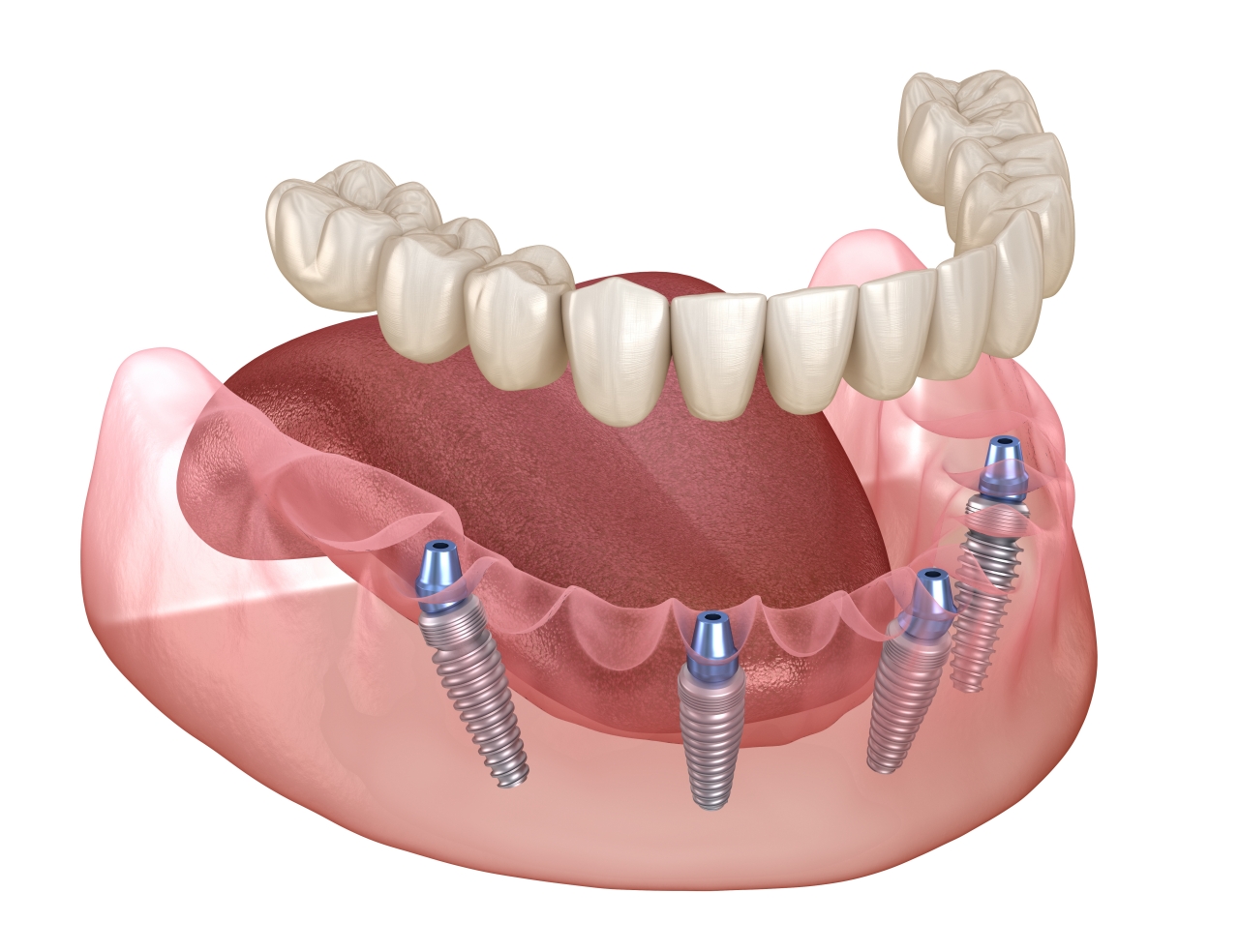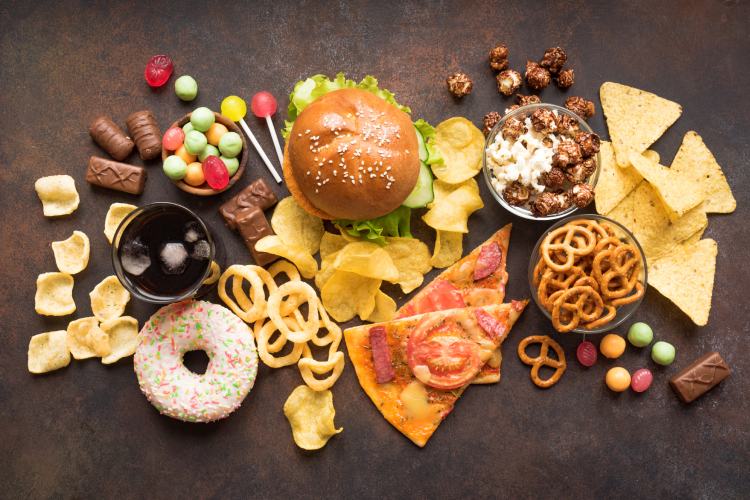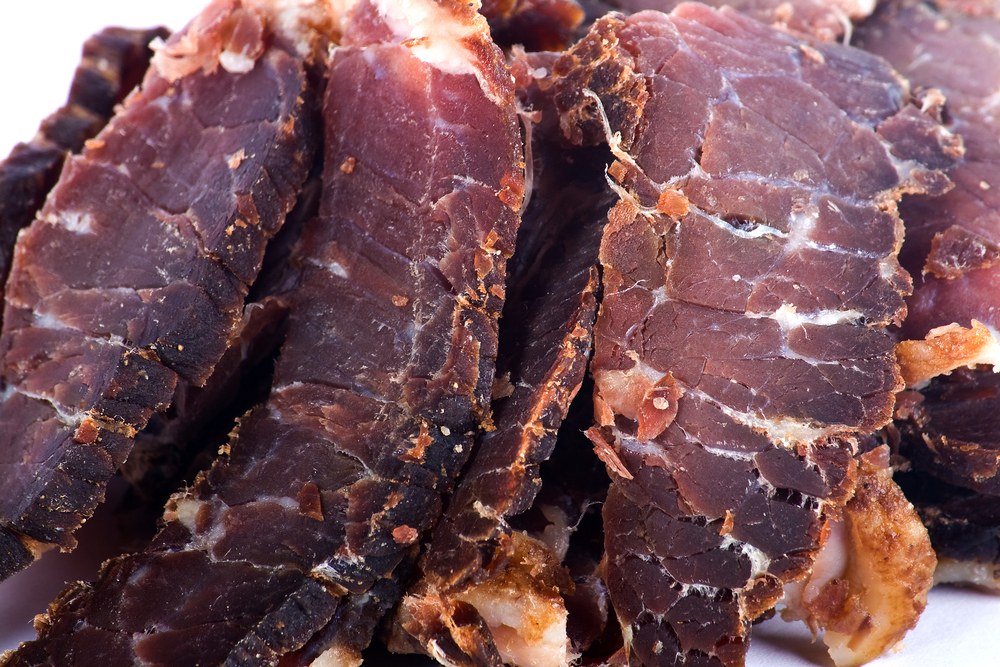The All-on-4 dental implant procedure is a life-changing solution for individuals who have lost most or all of their teeth. By securing a full arch of prosthetic teeth on just four implants, this technique provides a stable, long-lasting, and natural-looking alternative to dentures. However, a successful recovery depends heavily on how well you care for your mouth and what you eat during the healing period.
In this guide, we’ll cover three essential areas: dietary tips for faster recovery, dietary restrictions to follow, and general care for your implants after surgery.
1. The Importance of Post-Surgery Nutrition
After undergoing All-on-4 surgery, your body enters a healing phase. During this time, your implants integrate with the jawbone through a process called osseointegration. Proper nutrition not only supports healing but also helps reduce inflammation, prevent infection, and speed up tissue regeneration.
Key Nutritional Goals After Surgery:
- Promote healing with high-protein foods
- Support immunity with vitamins and antioxidants
- Stay hydrated to flush out toxins and maintain tissue health
- Avoid trauma to the surgical site with soft, non-irritating foods
2. Dietary Restrictions After Procedure
Dietary restrictions after the procedure play a crucial role in ensuring proper healing and the long-term success of the implants. In the days and weeks following surgery, patients must strictly follow the dietary restrictions after All-on-4 procedure to avoid placing unnecessary pressure on the implants and surrounding tissues. These restrictions typically include avoiding hard, crunchy, spicy, and overly hot foods that can irritate the surgical site or disrupt the healing process. By carefully adhering to the dietary restrictions after All-on-4 procedure, patients can reduce the risk of complications such as infection, implant movement, or delayed osseointegration. Ultimately, respecting the dietary restrictions after procedure supports a smoother recovery and helps ensure the implants integrate properly with the jawbone.
Immediately following surgery, your dentist or oral surgeon will likely recommend a strict soft food diet. This typically lasts for the first 2 to 3 months, depending on how your implants are healing.
Foods to Avoid:
1. Hard foods (nuts, popcorn, raw vegetables, hard crusts)
2. Chewy or sticky foods (gum, caramel, tough meats)
3. Crunchy foods (chips, crackers, toast)
4. Spicy or acidic foods (hot sauces, citrus, vinegar)
5. Hot beverages or soups that may disrupt clotting
6. Alcohol and carbonated drinks, which can irritate surgical sites and delay healing
7. Smoking or vaping, as they can significantly impair recovery and implant integration
Safe Foods to Eat:
- Week 1-2: Smoothies (no seeds), protein shakes, mashed potatoes, pureed soups (lukewarm), yogurt, pudding, scrambled eggs, applesauce.
- Week 3-4: Oatmeal, soft pasta, cooked cereals, soft fish, ripe bananas, avocado, cottage cheese.
- After 1 Month (if approved by your dentist): Gradually reintroduce firmer foods, such as steamed vegetables, shredded chicken, and soft-cooked rice.
Always chew on the non-surgical side initially (if applicable), and consult your dentist before expanding your diet.
3. Dietary Tips for Faster Recovery
While avoiding certain foods is critical, choosing the right foods can accelerate your healing and improve outcomes.
Protein is Your Friend
Protein helps repair tissue and promotes bone growth. Include sources like:
- Protein shakes (low sugar)
- Greek yogurt
- Eggs
- Lentils and beans (blended or pureed)
- Soft fish like salmon
Add Anti-Inflammatory Foods
Reduce swelling and inflammation with:
- Blueberries
- Spinach (blended in smoothies)
- Omega-3-rich foods (e.g., ground flaxseed, chia seed smoothies)
Stay Hydrated
Drink at least 8 glasses of water daily to keep tissues hydrated and help flush bacteria from your mouth. Avoid straws—they create suction that can disturb healing implants.
Eat Smaller, More Frequent Meals
Frequent small meals are easier on your mouth and help maintain energy without placing stress on your implants.
4. Caring for Your Implants After Surgery
Caring for implants after surgery is essential to promote healing, prevent infection, and ensure the long-term success of your All-on-4 dental procedure. In the first few days, it’s important to avoid disturbing the surgical area—this means no vigorous rinsing, spitting, or touching the implants with your fingers or tongue. Use a soft-bristled toothbrush to gently clean surrounding teeth, and begin rinsing with a saltwater solution or a dentist-recommended antimicrobial rinse after 24 hours to keep the area clean. Avoid smoking and alcohol, as both can interfere with healing. Follow your dentist’s instructions carefully, attend all follow-up appointments, and report any unusual pain, swelling, or bleeding. With proper care and attention, your implants will integrate securely with your jawbone, providing a strong and lasting foundation for your new smile.
Healing doesn’t depend on diet alone. Proper oral hygiene and implant care are just as crucial for a successful recovery.
Oral Hygiene Guidelines:
- Rinse gently with a saltwater solution 24 hours after surgery (avoid vigorous swishing).
- Brush carefully using a soft-bristled toothbrush. Avoid the surgical area at first, but clean other areas as usual.
- After the first week, use a non-alcoholic antimicrobial mouthwash if recommended.
- Avoid commercial mouthwashes that may contain alcohol or strong chemicals.
Avoid Pressure on the Implants
Don’t use your implants for chewing until your dentist confirms the bone and gum are healing properly. Excessive pressure can cause implant failure.
Regular Check-ups Are a Must
Attend all follow-up appointments. Your dentist will monitor healing, remove stitches if necessary, and eventually advise when it’s safe to return to a normal diet.
The All-on-4 procedure can dramatically improve quality of life, but it requires patience and care during recovery. By following dietary restrictions, embracing a soft and nutritious meal plan, and taking excellent care of your implants, you’ll set yourself up for a smooth recovery and long-term implant success.
Remember, every patient’s healing timeline is different. Always follow your dentist’s personalized instructions and don’t hesitate to ask questions if you’re unsure about any part of your post-op care.

























